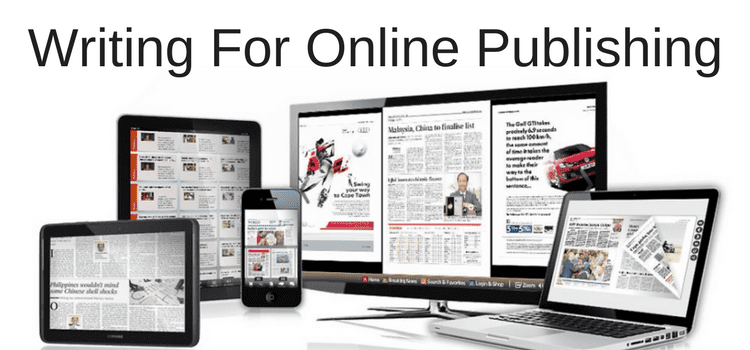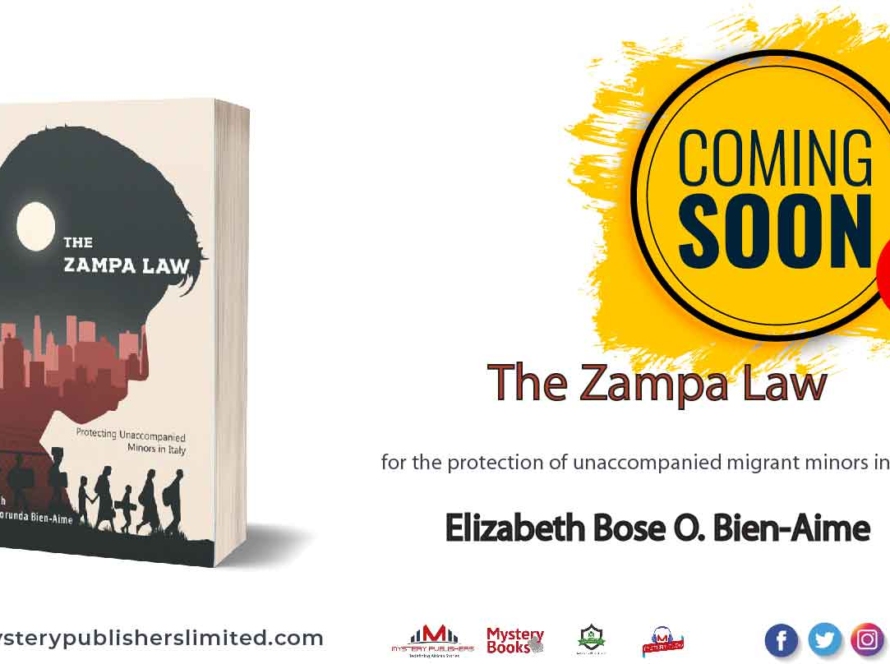Online publishing is the way to go these days: unless one is a prophet of doom and sees an Internet Armageddon where the entire World Wide Web will be totally wiped out.

Any writer, or publisher, without any of their work out there on the Internet must be the joke of the 21st Century. Online publishing exposes the work to global audience and access. That’s a great plus over traditional publishing. Unless one passes-off as Shakespeare, traditionally published they would not be known beyond their backyards.
That notwithstanding, there is the question of vanity writing. This is writing for pride, or fame, or the thrill of seeing one’s work published either electronically or in print (magazine or book). Most market for this writing is personal blogs, Facebook, Twitter, online self-publishing platforms like Kindle and others where everybody can put their work because there are no committees that sit down to determine whether the work is publishable by the required standards.
Vanity writing is the easiest form of writing because it follows no stringent rules, guidelines, and there are no deadlines to be met. Vanity writers rush to online publishing when they face it rough with mainstream publishers, especially if their works lack ‘desired’ creativity and/or the publisher’s desk is already full.
Online publishing is the way to go, but those who opt to go this way should not risk the brunt of vanity writer by compromising quality just for seeing their name in print/their work out there. This can be done by engaging professional editing/copyediting services, working with book cover designers, and following standard publishing guidelines to provide quality work. This way no mainstream publisher will boast of producing better products than you.
On the other hand, if professional services are way above the poverty line beyond your reach because most of us live below that line, one has to do it themselves. You want something done right, you gotta do it yourself, right? But make sure you get the skills for the job.
So, the ‘vanity writer’ has to go the extra mile and learn basic editing/copyediting skills. If online publishing will stand the test of time, virulent censure by unforgiving critics, and lambasting from the advocates of mainstream publishing, quality works need to be put out there.
Even the most traditional writer/publisher knows this for fact—people burn books, but no one is able, or even willing), to burn Kindles, Nooks, Smartphones, Kobos, and Tablets.



